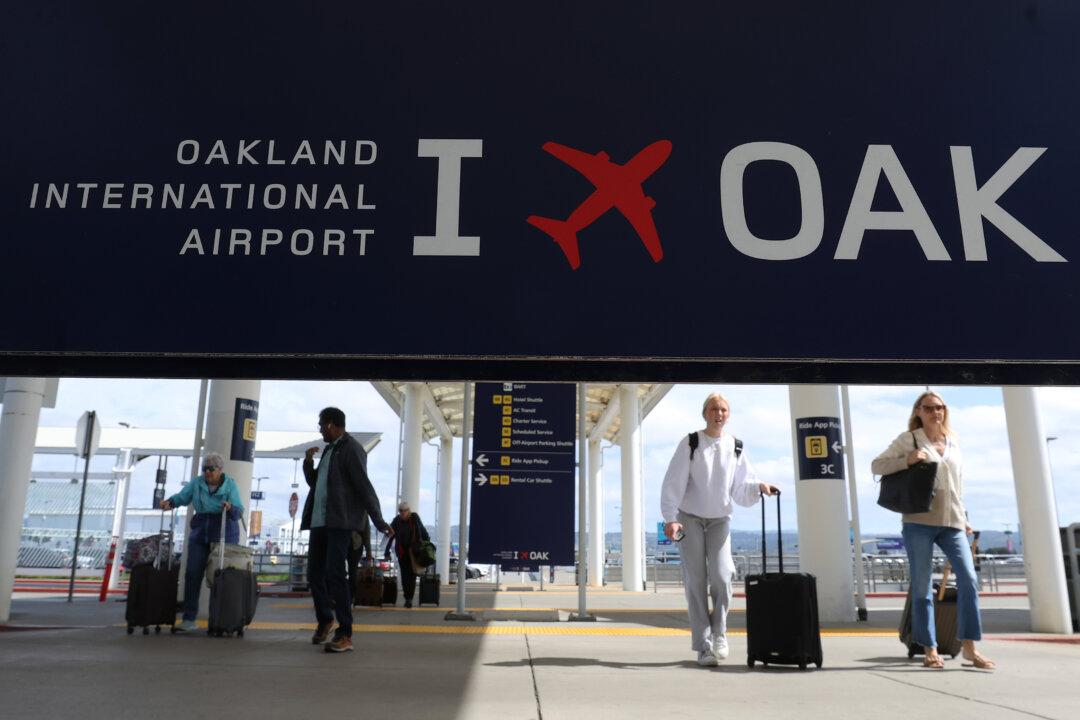SAN FRANCISCO—The city-funded nonprofit HomeRise, one of San Francisco’s largest housing providers and developers for formerly homeless people, has been found to have engaged in “gross fiscal noncompliance, wasteful practices that misuse taxpayer funds, and spending of City funds on unallowed or questionable costs,” according to an audit report issued April 2 by the Controller’s Office.
“The breadth and magnitude of financial and compliance problems we found at HomeRise is concerning,” wrote Sjoberg Evashenk Consulting Inc., the firm hired by the Controller’s Office to do the audit.





